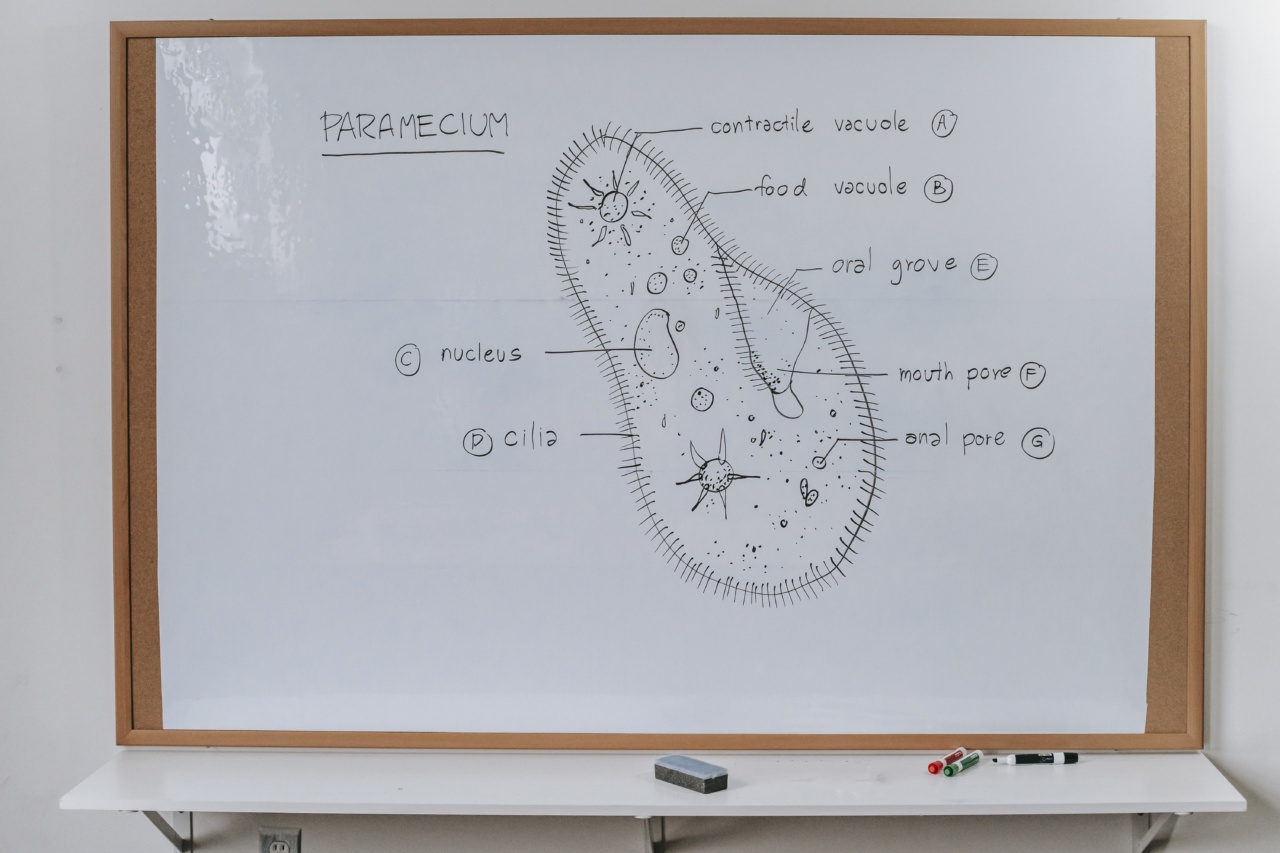When it comes to our health, it is always better to be safe than sorry.
Recognizing the signs and symptoms of certain ailments that require immediate medical attention can make all the difference in preventing serious complications or even saving a life. In this article, we will explore six such ailments that should never be ignored, as prompt medical intervention is crucial for a positive outcome.
1. Chest Pain
Chest pain can stem from various causes, with some being harmless and others potentially life-threatening.
While not all chest pain is cause for alarm, it is important to seek immediate medical attention if you experience severe, crushing, or squeezing chest pain.
This type of chest pain may be an indication of a heart attack, which requires urgent medical intervention to restore blood flow to the heart and prevent lasting damage.
Other potential causes of chest pain that necessitate immediate medical attention include a pulmonary embolism, a collapsed lung, or a tear in the aorta.
2. Difficulty Breathing
Any sudden onset of difficulty breathing, known as dyspnea, should be taken seriously. If you find yourself struggling to catch your breath, feeling suffocated, or experiencing wheezing, it is crucial to seek immediate medical help.
Dyspnea can be a sign of a severe asthma attack, a lung infection, or a heart condition such as congestive heart failure. Prompt medical attention can help alleviate symptoms and prevent further complications.
3. Sudden Facial Drooping or Weakness
Facial drooping or weakness on one side can be a sign of a stroke, a medical emergency that requires immediate attention.
If you or someone around you suddenly experiences facial drooping or an inability to lift one side of the face, it is essential to call emergency services right away.
Strokes occur when blood flow to the brain is interrupted, leading to the death of brain cells. Recognizing and responding to the signs of a stroke can significantly improve the chances of successful treatment and recovery.
4. Severe Abdominal Pain
While abdominal pain can be caused by a range of conditions, severe abdominal pain is often an indicator of a serious problem.
If you experience excruciating abdominal pain that is sudden and unrelenting, it is crucial to seek immediate medical attention.
Potential causes of severe abdominal pain include appendicitis, pancreatitis, a perforated organ, or an intestinal obstruction. Ignoring such symptoms can lead to severe complications, including infection and potentially life-threatening conditions.
5. Persistent High Fever
A persistently high fever that does not respond to over-the-counter medication and lasts for several days is cause for concern.
Fever is often a sign that the body is fighting off an infection, but certain circumstances warrant immediate medical attention.
If the fever is accompanied by severe headache, stiff neck, sensitivity to light, or a rash, it could indicate meningitis—an infection of the membranes surrounding the brain and spinal cord.
Meningitis is a medical emergency and requires prompt evaluation and treatment to prevent serious complications.
6. Uncontrolled Bleeding
Uncontrolled bleeding, whether from an injury or spontaneously, requires immediate medical attention.
If you experience profuse bleeding that cannot be controlled with direct pressure or if blood is spurting out, it is essential to seek emergency medical help.
Uncontrolled bleeding can be a sign of internal injuries, punctured organs, or severe trauma. Quick medical intervention is crucial to stop the bleeding, prevent further blood loss, and stabilize the patient.
In conclusion, recognizing the signs and symptoms of certain ailments that require immediate medical attention is crucial for our well-being.
Chest pain, difficulty breathing, sudden facial drooping or weakness, severe abdominal pain, persistent high fever, and uncontrolled bleeding are all red flags that necessitate prompt medical intervention. By staying alert and knowing when to seek help, we can ensure better outcomes and protect ourselves and our loved ones.






























